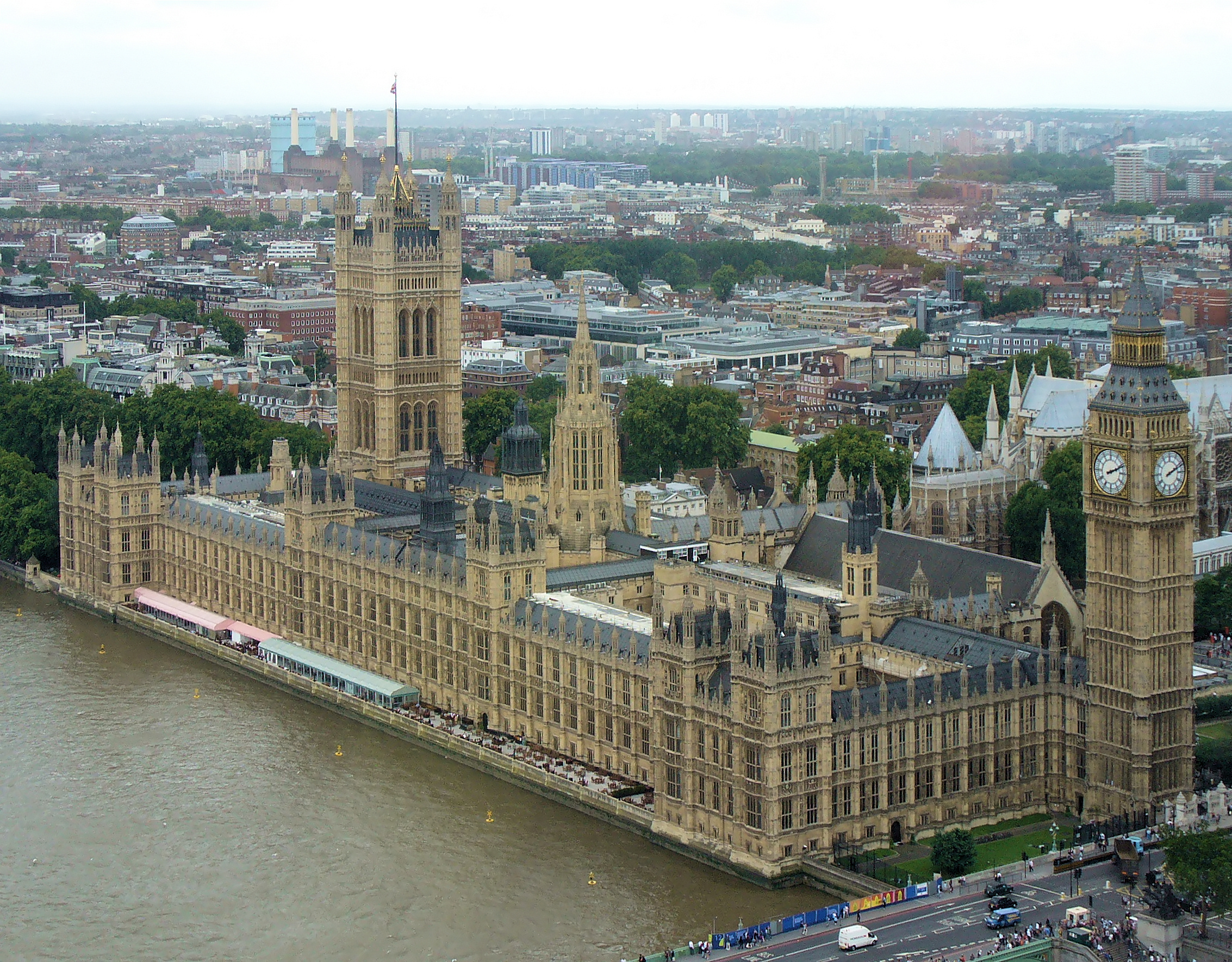
Reminder to Agents – New Smoke and Carbon Monoxide Rules Coming Up
A prominent agency lettings chief is alerting the industry that new smoke and carbon monoxide alarm rules are changing from October 1.
Since October 2015 there’s been a legal requirement for a smoke alarm to be fitted on every floor of a property where a room is used wholly or partly as living accommodation.
There must also be a carbon monoxide alarm in any room where a solid fuel such as wood, coal or biomass is being burned – and that includes open fires, although not gas, oil or LPG.
Landlords and agents are also expected to ensure that the alarms work at the start of each new tenancy.
Now the regime is getting tougher with further changes:
– carbon monoxide alarms will be mandatory in rooms with a fixed combustion appliance (excluding gas cookers) in both private and social rented homes;
– carbon monoxide alarms will also be mandatory upon installation of any heating appliance (excluding gas cookers) in all tenures through building regulations;
– private and social landlords will be expected to repair or replace alarms once informed that they are faulty.
These changes extend the existing provisions from devices like wood-burning stoves and open fires to include gas heaters, gas fires and gas boilers, but excludes gas ovens and hobs.
Propertymark has already advised letting agents that they should be aware that the changes will introduce an obligation on private landlords to repair or replace any alarm which is found to be faulty during the period of a tenancy.
The current regulations only oblige landlords to check that alarms are in working order on the first day of a new tenancy. Ahead of implementation, agents and their landlords should start now to plan for the changes and the impact on management practices going forward.
The group lettings technical director at Connells – Andrew Culverwell – issues the reminder to the industry in this exclusive interview with Angels Media’s Lee Dahill, which you can see in full below.



















